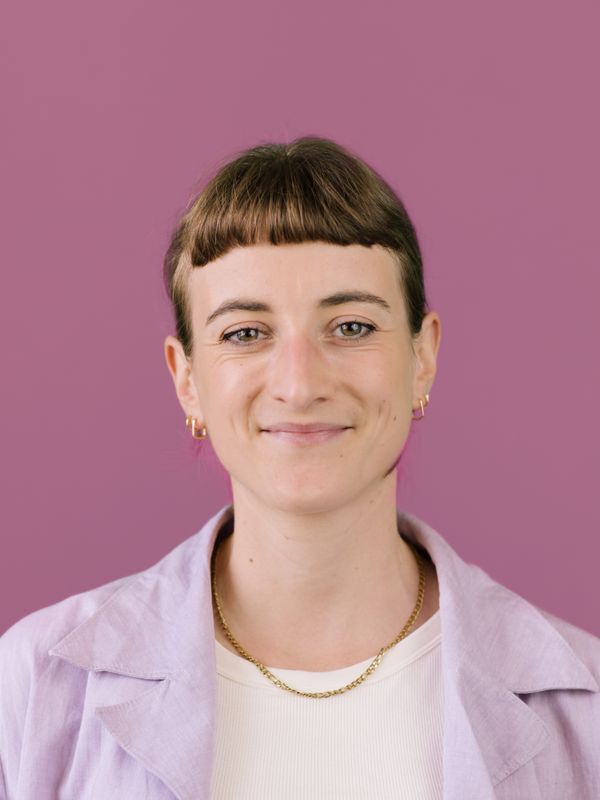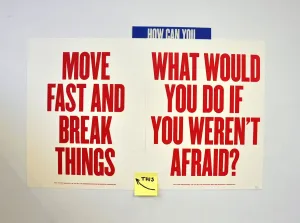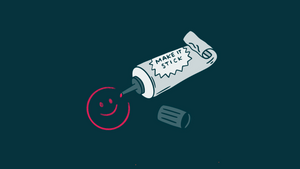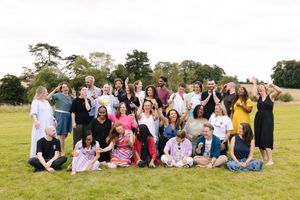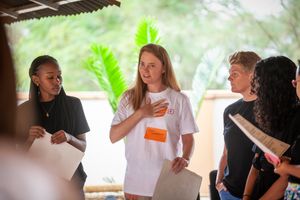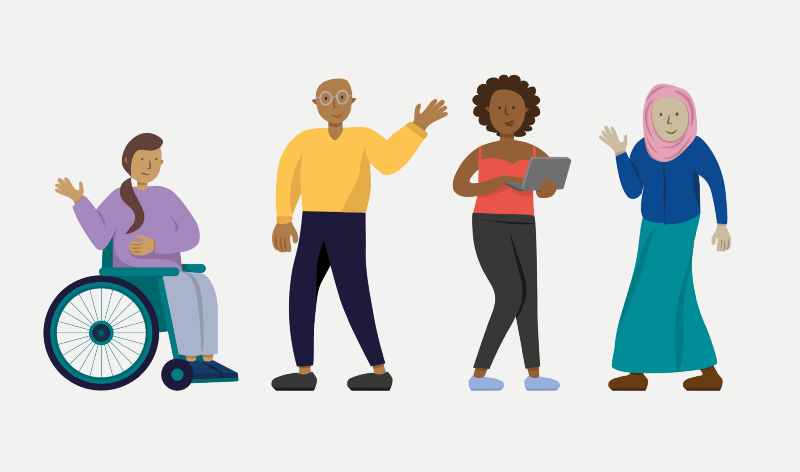
“The people most impacted by decisions are so often not involved in making them”
Across all our work at Brink, we’re thinking about what it would take to change this. We published the Participatory Playbook with some examples of practical ways we’re trying to generate and act on evidence with human centred and participatory approaches. In our Collectives practice, we’re continuously experimenting with ways we can put more power into the hands of the collective through building communities of entrepreneurs or advocacy groups around bringing new health innovations to market.
Luckily there are many people across the world supporting groups to raise their collective voice that we can take inspiration from. This blog shares some examples we’ve found, as well as an example from Brink’s own work which we hope can inspire you, too.
Across these examples we have looked for mechanisms that suit the size of the group we want to work with, or the type or level of influence we are looking to have.
We have gathered examples into an open source matrix of:
- Mechanisms to use when collating and sharing the voices of a small group vs a large number of people
- Mechanisms that work best for influencing on a local level and a global level
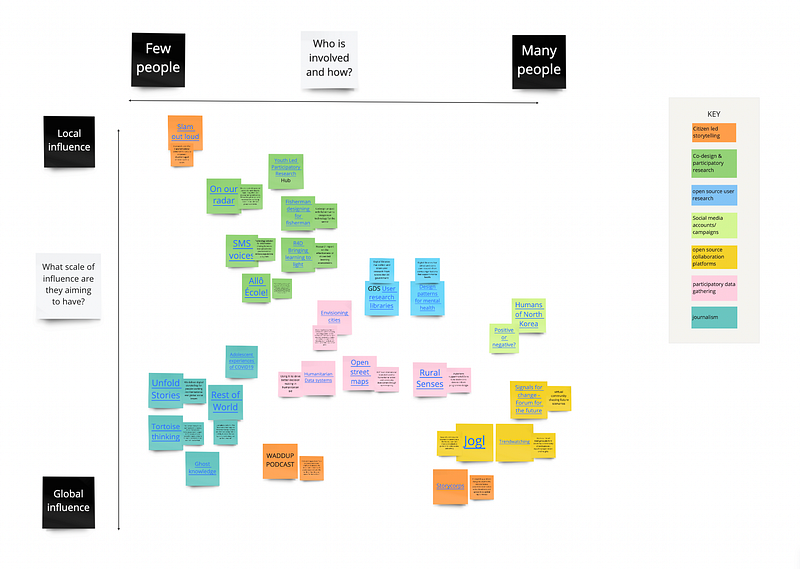
Here are a few trends we’ve noticed and examples of what we’ve found
Citizen led storytelling is an ancient and powerful tool for surfacing stories from unheard voices. The use of newer technologies have helped organisations like Slam Out Loud or On our Radar leverage this art to affect wide scale change today . Through training up people experiencing homelessness at the height of COVID-19 in the UK, On our Radars initiative with people experiencing homelessness enabled the National Health Service to pivot their strategy to better meet the health needs of UK citizens who are notoriously excluded from the support services. Storycorps also empowers people to tell their own story through their access to open source tools and a global community — individuals have a framework and method to have conversations in their context anywhere in the world that they can then contribute to a collective evidence base that builds collective understanding.
The use of AI is starting to provide us with some brilliant opportunities to turn important qualitative stories from the communities we work with into data that helps us make collective decisions far more quickly and effectively. Anyone working in social impact has struggled with collecting and analysing qualitative data in robust and efficient ways, and Rural Senses is pioneering an approach which does this but in a way that increases its power the voice of project beneficiaries.
Mass participatory approaches are becoming more mature too through the use of open source platforms that help us as citizens shape decisions and collaborate with like minded people many miles away through digital collaboration, crowdsourcing and up-voting. If there is a real world project that is looking for collaborators, Jogle can help you find them, or an essay that you wish someone would write, Ghost Knowledge puts the power in people to agree with you and volunteer to write it.
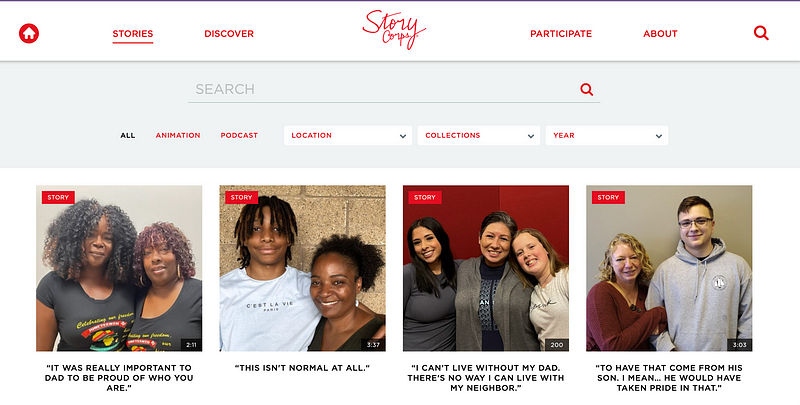
Another area not to be forgotten is how to utilise well established forms of media to tell stories that lift decision makers out of the protective bubble of frameworks, jargon and economics, to the attention of what all of those mean and are for — people. The experimental new journalism organisation Tortoise Media is taking a stand against attention grabbing headlines and directing us to consume stories in a slower and deeper way, so that we understand the nuance and context of people’s experiences behind a story. Rest of World is made up of journalists telling stories that get missed from our largely western centric news feeds and instead gives us the content we love but told by the rest of the world.
Last year, a global community of edtech entrepreneurs raised the need to listen closely the voices of those they are trying to help
As part of the EdTech Hub*, Brink is finding ways for teacher and learner voices to influence edtech policies. Within the sector, we noticed an imbalance of voices driving evidence creation and decision making for change. More often than not, policies, decisions and wide scale programmes are created without involving those affected by them, or at least not meaningfully.
We heard from edtech entrepreneurs themselves. They told us that they want to help decision makers understand the human implications of the policy decisions they are making, and asked questions like, “how can we build awareness of education during COVID19?”
We ran a short project as a group, exploring ways to surface the voices of entrepreneurs, teachers, caregivers and communicate them in a way that supported the work and had a platform through which to influence decision makers.
Each context necessitated a different approach to ensure that people felt safe to share their experiences. Running focus groups in Pakistan with caregivers suited Deaf Reach, because of the relationships they shared with them. On the other hand, Nasrin in Afghanistan, one to one phone calls were the only way that girls out of education felt safe to share their stories anonymously.
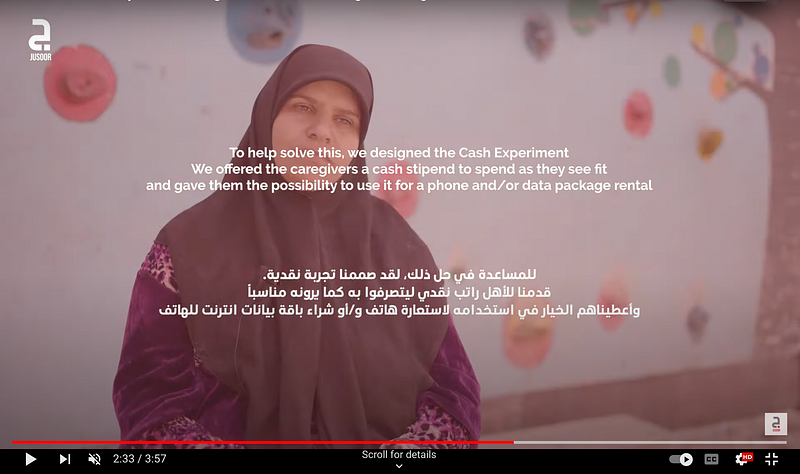
Each organisation made use of the skills, assets and opportunities that existed. This lead to a diverse collection of outputs which they’ve been able to share widely for other entrepreneurs to learn from.
- Jusoor, who provide education to Syrian refugees in Lebanon interviewed parents to understand if and how their trial initiative to provide small funds for learning alongside an information campaign had impacted children’s learning
- Deaf Reach, an educational organisations providing education to deaf learners in Pakistan produced a digital flip book of insights and stories surfaced from workshops and focus groups with caregivers and teachers
- Keep Kenya Learning, an education initiative in Kenya produced a podcast featuring the experiences of teachers, parents, caregivers and entrepreneurs during the COVID-19 pandemic
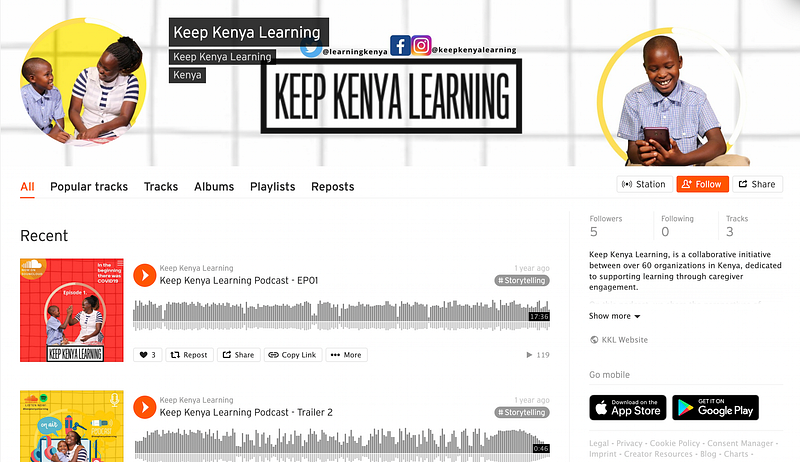
As a result we’ve seen examples of great initiatives avoiding common pitfalls.
- Support for deaf learners has been provided, as well as vital support for the key caregivers who are often the gatekeepers of education when it comes to learning at home.
- Teacher development initiatives have been implemented with the addition of peer-to-peer support mechanisms. This makes the crucial difference between a teacher losing motivation, confidence and therefore engagement, to finding joy and success due to structured accountability and companionship with a colleague.
Building in space for surfacing unheard voices has now become a key component of our wider work coaching edtech entrepreneurs to trail new initiatives, which you can find out more about on the EdTech Hub here.
What other projects can we learn from?
If you think we are missing a brilliant example of a project, organisation or initiative raising unheard voices, please let us know via this quick google form and we will add it to the open source collection, and please do take a look yourself. I hope you will be as inspired as I have been.
Equally, if you have questions or comments on this project overall, get in touch with me at [email protected].
Huge thanks to Lil Patuck and Alice Carter for their collaboration on to this blog and project!
*The Edtech Hub is a consortium of partners working to empower people by giving them the evidence they need to make decisions about technology in education.
